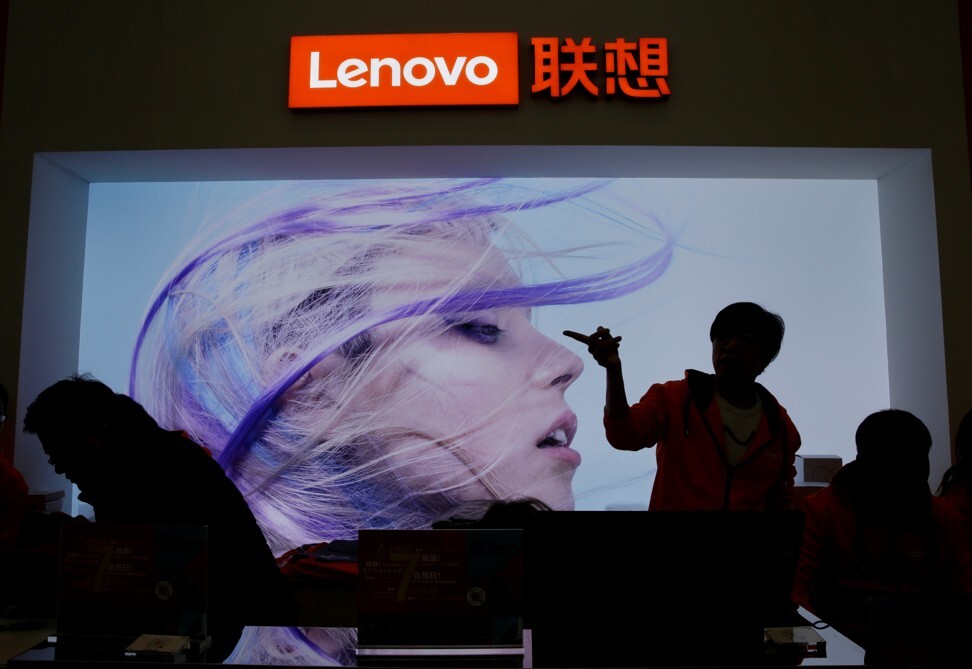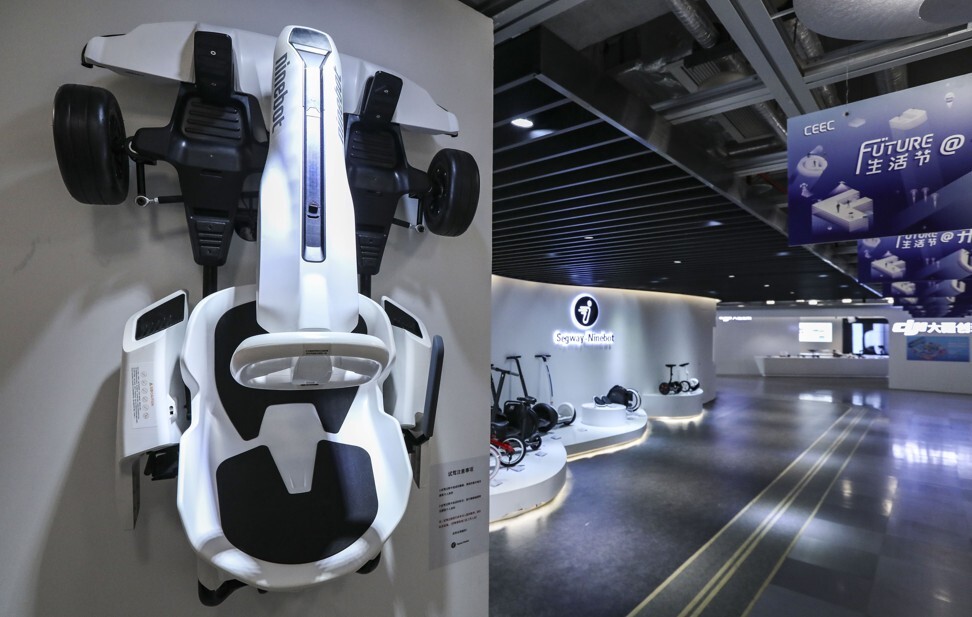
Lenovo to sell CDRs in Shanghai, boosting Star Market’s pitch for China’s national champions to raise funds at home
- The world’s biggest personal computer maker plans to sell Chinese depositary receipts (CDRs), at 10 per cent of share capital
- Based on Tuesday’s closing price of HK$8.05 per share, Lenovo’s CDR sale could raise up to HK$10.8 billion (US$1.4 billion)
Lenovo, the world’s largest personal computer maker, is seeking shareholders’ approval to sell Chinese depositary receipts (CDRs) in Shanghai, in a move that further opens the city’s stock exchange for offshore companies to raise capital.
The owner of the IBM Thinkpad laptop brand is seeking to issue 1.3 billion new shares, or 10 per cent of its enlarged capital, through CDRs, Lenovo said in a Tuesday announcement to the Hong Kong stock exchange, without specifying the amount raised. Based on Tuesday’s closing price of HK$8.05 per share, Lenovo’s CDR sale could raise up to HK$10.8 billion (US$1.4 billion).
The pending sale would be a breakthrough for Shanghai’s Science Technology and Innovation Board, or Star Market, in its pitch to attract China’s technology champions and most promising start-ups to raise capital in their home ground. Lenovo, with a market value of HK$106 billion, would be the kind of flagship that the Star Market needs to attract followers.
“A successful test case by Lenovo could encourage other ‘red-chip’ companies to follow suit,” said China Renaissance’s head of macro and strategy research Bruce Pang, because “there are concerns and lack of clarity about whether CDRs are fungible to stocks in offshore markets.”

Depositary receipts are certificates issued by banks that represent shares issued by companies, typically by those domiciled outside the market where they are traded. Some Chinese companies listed in Hong Kong or in mainland China have American depositary receipts (ADRs) traded in New York, to enable US and European investors access beyond the Asian market hours.

Lenovo, with a 27 per cent share of global personal computer shipments at the end of the fourth quarter according to Gartner, has a registered office in Hong Kong, and has 63,000 employees on staff across 180 worldwide markets.
Its first-half net profit rose 44 per cent to US$523 million in the six months ended September. Lenovo shares rose by 9.5 per cent on Wednesday to a five-year high of HK$8.83, after announcing its CDR plan.
Unlike Lenovo however, Ninebot’s shares are not listed on any other market. The Beijing-based firm sold 70.4 million CDRs at 18.94 yuan apiece, which were overbought by about 2,500 times.
Lenovo said it plans to use the proceeds from its CDR sale for “research and development of new technologies, products and solutions, strategic investments in related sectors,” according to its statement. The company’s investor relations officials did not immediately respond to a request for comment by South China Morning Post.
Lenovo’s proposal is pending approval by shareholders at an unspecified general meeting, and requires approvals by the Shanghai and Hong Kong bourses, as well as the Chinese securities and foreign exchange regulators.
The China Securities Regulatory Commission (CSRC), the securities regulator, in 2018 issued a set of rules that reiterated the government’s pitch to attract hi-tech companies, even those with the so-called variable interest entity (VIE) legal structures including Ninebot to raise capital.
The VIE structure enables Chinese private companies to accept foreign investments in sectors restricted by Chinese law, and is a structure popular among offshore-listed Chinese companies, particularly those in the internet and consumer sectors. VIE, however, has not formally received Chinese regulators’ recognition, according to China Renaissance.

